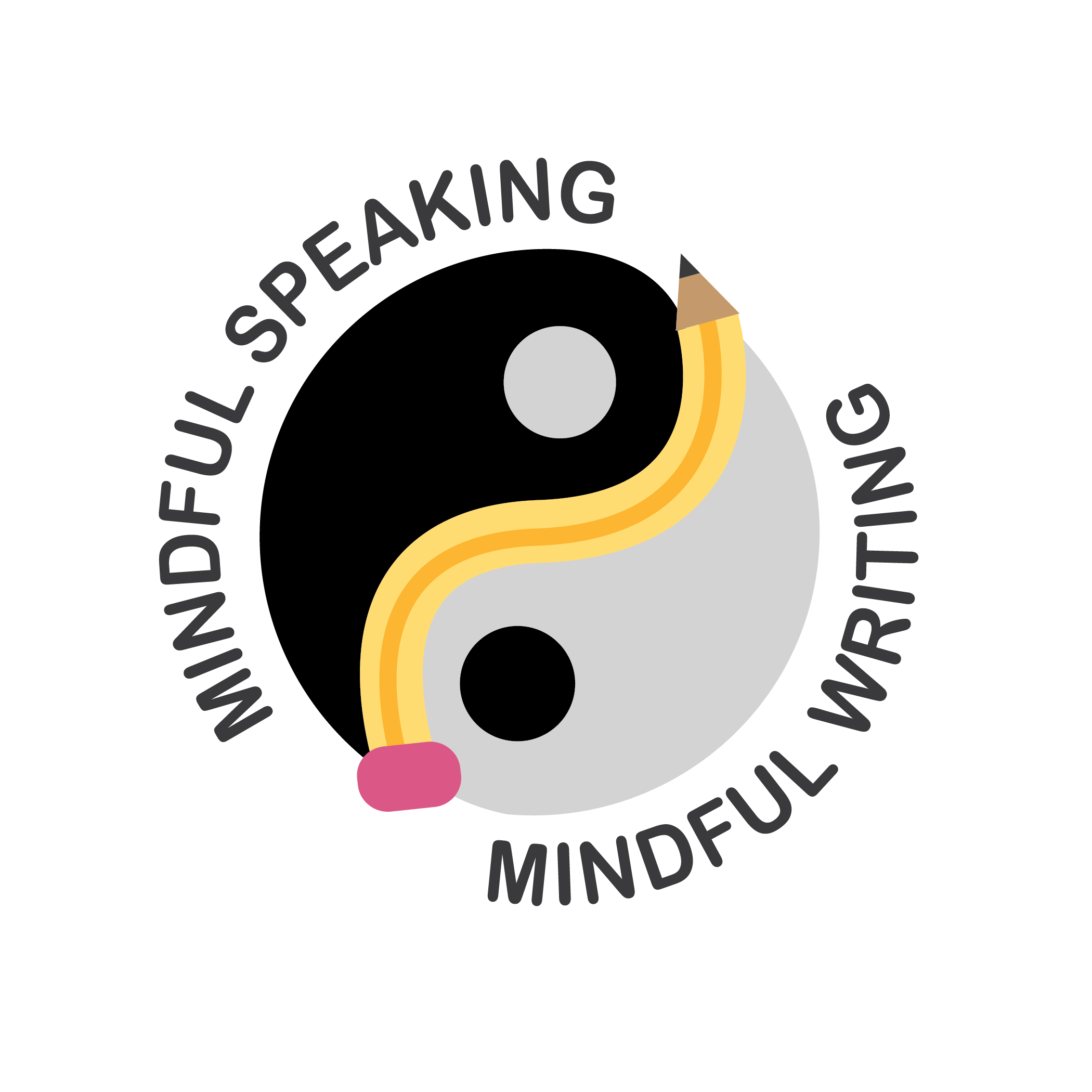
photo credit: pixabay.com
What kind of listener are you?
According to the results of a survey I’ve been conducting, about 75% of people consider themselves “above average listeners.” According to my actual field research, about 75% of us are abysmal listeners.
Different kinds of listening are appropriate for different situations, but in general, I classify listeners into three categories:
1. Non-listeners
2. Light listeners
3. Deep Listeners
Non-listeners. Okay, these aren’t really listeners at all, but they are too numerous to ignore. Non-listeners are people who “listen” mostly to themselves. When you talk to them, they are likely to be planning their response to you, or thinking about what they’re going to do later today, or multi-tasking on their cell phone, or trying to remember your name, or … well, just about anything except listening to you. It is basically not possible to have a conversation with these people because they are basically not in the room. Talking with them is like reading aloud to someone who is totally deaf.
Light listeners. We are all, at times, light listeners. Many people never go beyond. Light listeners pay attention to the headlines, the basic facts, but they rarely, if ever, go deeper. They typically don’t pick up on the unspoken messages. They don’t read and note discrepancies between verbal and non-verbal communication. They rarely use the effective listening tools such as reflective listening. Many light listeners pay scant attention to emotions, even when these may be the real subject of the conversation. And frequently, they are most tuned in to opportunities to tell their own story and put themselves back into the spotlight.
Deep listeners. Those who have never thought about or studied conversational skills usually have no idea what “deep listening” is. Many of us have never been really listened to. Deep listeners consciously listen to understand the full message, not just facts but the feelings and beliefs under the facts. Deep listening involves the skilled use of a variety of reflective listening tools, and the avoidance of the “grabbing response” that is a too frequent intruder on conversational satisfaction. Deep listening is one of the greatest gifts that you can give to another person, and to yourself. It is the key to connection.
Stay tuned for future blogs on how to deepen your listening and your connection.
Do you know people who fall into each of these three categories? Where would you put yourself? Why?

Connect With Me